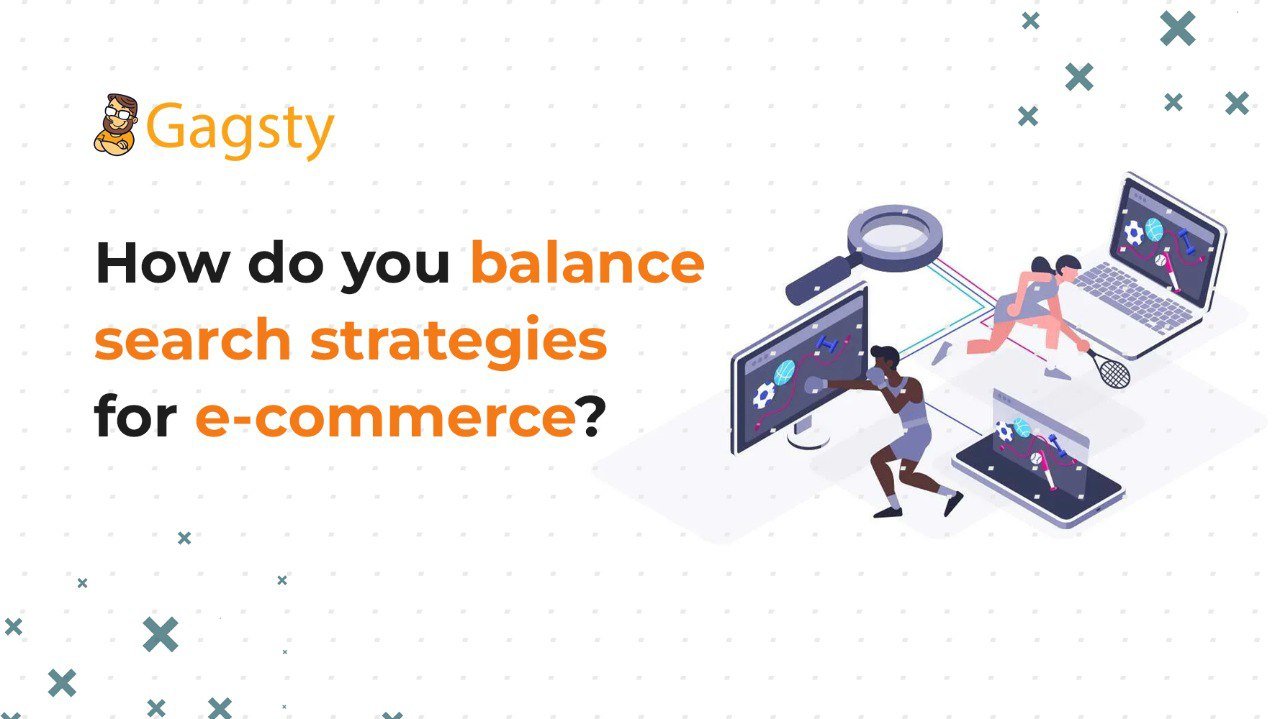Introduction
In today’s digital age, e-commerce has become increasingly competitive. With more and more businesses vying for the attention of online shoppers, it is crucial to have a solid search strategy in place. Balancing search strategies for e-commerce requires a careful blend of organic and paid search tactics. In this blog post, we will explore the key elements of a successful search strategy for e-commerce and how to strike the right balance.
Understanding Organic Search
Organic search refers to the unpaid search results that appear on search engine result pages (SERPs). It is driven by search engine optimization (SEO) techniques, such as optimizing website content, building quality backlinks, and improving site speed. Organic search is important for e-commerce businesses as it helps drive targeted traffic to their websites without incurring additional costs.
Embracing Paid Search
Paid search, on the other hand, involves running targeted advertising campaigns on search engines. This can be done through pay-per-click (PPC) advertising platforms like Google Ads. Paid search allows e-commerce businesses to instantly appear at the top of search engine results for specific keywords, increasing their visibility and driving immediate traffic to their websites.
Striking the Right Balance
While both organic and paid search have their advantages, it is crucial to strike the right balance between the two. Here are some tips to help you achieve this:
1. Identify Your Target Audience
Understanding your target audience is key to developing an effective search strategy. Conduct market research to identify the keywords and phrases your potential customers are using when searching for products or services similar to yours.
2. Optimize Your Website for Organic Search
Invest time and effort in optimizing your website for organic search. This includes conducting keyword research, optimizing your website’s meta tags and descriptions, improving site speed, and creating high-quality content that is relevant to your target audience.
3. Run Targeted Paid Search Campaigns
Use paid search campaigns to target specific keywords and demographics. This can help you reach a wider audience and drive immediate traffic to your website. Monitor the performance of your paid campaigns regularly and make adjustments as needed.
4. Leverage Social Media
Social media platforms can be a powerful tool for e-commerce businesses. Use platforms like Facebook, Instagram, and Pinterest to promote your products and drive traffic to your website. Consider running paid social media campaigns to further boost your visibility.
5. Analyze and Refine
Regularly analyze the performance of your search strategies and make refinements as needed. Use analytics tools to track key metrics such as organic and paid traffic, conversion rates, and bounce rates. This data will help you make informed decisions and optimize your search strategies for better results.
Conclusion
Balancing search strategies for e-commerce success requires a strategic approach. By finding the right balance between organic and paid search, understanding your target audience, and leveraging social media, you can drive targeted traffic to your website and increase your chances of converting visitors into customers. Regular analysis and refinement are key to staying ahead of the competition and ensuring long-term success in the ever-evolving world of e-commerce.






